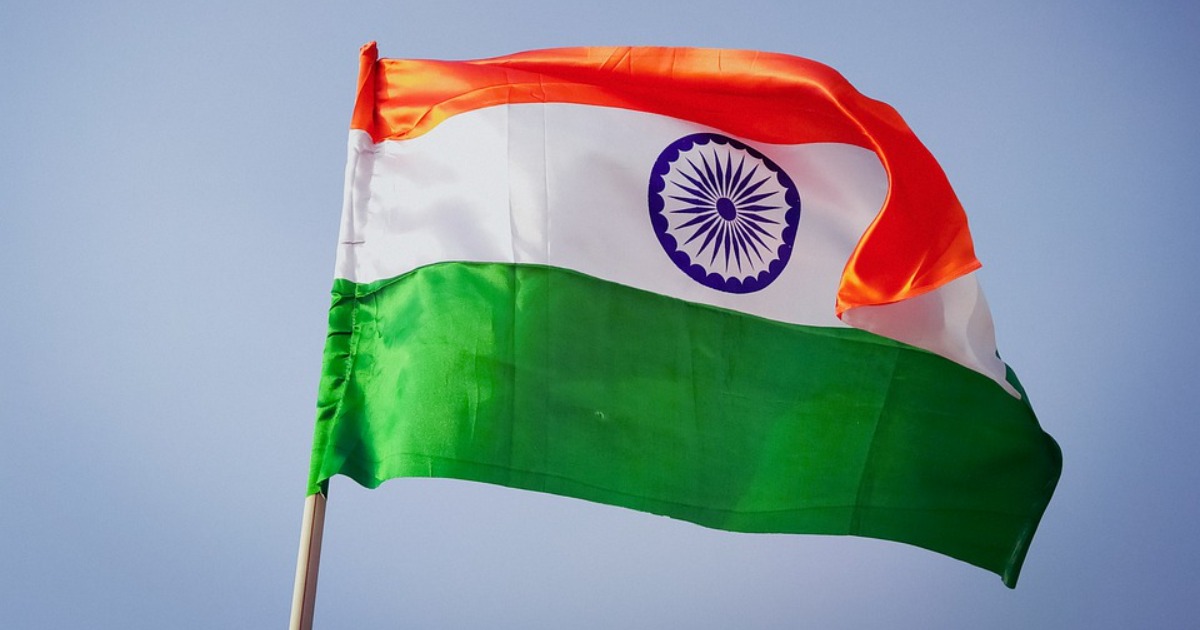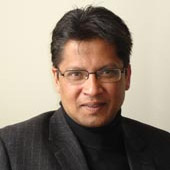India’s New Sense of Nation: Not a Hindu Thing
Media reports about India’s new citizenship rules and its impact on Muslim minorities swings between the tendentious, the comical and the absurd.
January 18, 2020

When politicians get elected, they generally get elected to do the things they campaigned about. That is no different in India than elsewhere.
And for all those around the globe who are very critical of Mr. Modi’s path on India’s new citizenship rules and its impact on Muslim minorities, they should at least acknowledge one point: To Modi’s credit. the BJP’s election manifesto did explicitly mention revision of the Citizenship Act.
But that fact alone cannot provide more than a formal way of justification for his moves – if they were actually as bad as they are made out to be. Much commentary in the media about India’s citizenship reform misses the point.
A bit of historical perspective
Democracy not only comes in many forms and shapes. It is also notably not a predominantly Western thing. Consider Sarala Devi, my great aunt. She was elected an Indian legislator in 1936. That was a decade before women in places like France were permitted to vote.
And as “retro” as Indian princely states may seem to Westerners, it is important to remember that four of these supposed backwaters (Travancore, Mysore, Rajkot and Cochin) granted women voting rights between 1922 and 1924 — well before the Representation of the People Act brought it to their sisters in the United Kingdom in 1928.
The tradition continued. Post-colonial India launched a positive discrimination program to reserve jobs and university seats for the under-privileged, the scale of which remains unmatched to this day. It also has direct implications on the hue and cry about citizenship reforms.
Understanding India? It takes time
The West’s problem with India is its sheer complexity. In 1975, when Prime Minister Indira Gandhi suspended the Indian Constitution, there was hardly one Western journalist who did not lament the “death” of Indian democracy.
Two years later, Mrs. Gandhi lost the elections, and her own seat. Indian democracy’s resurrection, in other words, was remarkably quick.
This underscores the downright silliness of people using simplistic Western standards, many of them morally questionable, to understand the country.
For instance, the question is not whether India is secular or a democracy, as it is now always put, creating a false dichotomy. The real question is how Indians voting for Modi define Indian secular democracy, and what importance they give to it.
Understanding Modi – or just keen to vilify him?
Narendra Modi has an extremely complex job. And although he, like any human, has his flaws, he rightfully does not see himself as a hatchet man.
Modi’s election has put an end to many things – the biggest of which is that Indians no longer look at themselves through Western eyes. Young Indians today care little about the West, even less about Western “values.” There are 600 million Indians, below the age of 25.
This is the point missed by John West in The Globalist titled “India Has a Modi and a BJP Problem” (December 20, 2019). The author writes about “Australia, Japan and the United States” losing great hopes they had “in democratic India becoming an effective counter-weight to Xi Jinping’s assertive and revisionist China.”
Simply put, Modi and most Indians have little else in mind other than their own hopes and interests.
Fast tracking non-Muslims
As to the veracity of Modi presumably precluding Muslim immigration, that is simply not true. The revision he proposes “offers citizenship to illegal immigrants from Muslim-majority Pakistan, Bangladesh or Afghanistan provided they belong to those countries’ non-Muslim minority groups.”
The Act simply fast tracks applications by the latter. In other words, Muslims from the three countries, like non-Muslims from elsewhere, will continue to be eligible for citizenship by naturalization.
The issue is simply one of being practical. And the West should be honest about it – rather than turning into a false preacher of morality. As far back as, 1990, the Lautenberg Amendment in the United States fast-tracked refugee status of Jews and Christians from Iran.
Modi’s new Indian agenda?
As regards India, the truth is subtle. Modi is not pushing a “Hindu” agenda per se. He is simply consolidating a wholly new Indian one. His new Indian-Hindu reference point is as much about culture and politics as it is about religions.
Europeans would do well to look at their own practices first before chiding today’s India. Did you see Indians, for example, referring to a “Christian-majority” Europe when Belgium allowed anonymous seclusion under Church protection to a paedophile Bishop?
Or do Indians snigger about secular identity when the EU considers the “Christian roots of Europe” for its Constitution, or when the French swear in their national anthem to water their fields with the “impure blood” of savages?
No Indian newspaper saw fit to dig up Jacques Chirac’s comments about the “odours” which came from Muslim homes or their hordes of children, after the former French President’s funeral.
In reality, Indians (Hindus, Muslims, Sikhs, Christians, Buddhists, Zoroastrians, Jains, Jews, Bahais, animists, atheists) are impressed how Europe has transformed itself into a post-Christian multinational entity. In that effort, it is notably following in India’s footsteps.
Muslim homeland – a poisoned chalice
Those concerned in Europe and the United States about the plight of Indian Muslims should literally look at themselves in the mirror.
Last I saw, there is a vivid and very contentious debate about Muslims and Islam in many, if not all of these societies.
It appears to me, as an Indian who has lived and worked for four decades in the United States and Europe, that my fellow Europeans and Americans are a bit too self-righteous to pin so much blame onto Modi’s India.
I cannot get rid of the feeling that they are merely – and very self-righteously – seeking to distract attention from their own problems – and preferences.
Takeaways
Modi is not pushing a “Hindu” agenda per se. He is simply consolidating a wholly new Indian one.
As an Indian, it seems to me that my fellow Europeans and Americans are a bit too self-righteous to pin so much blame onto Modi’s India.
Those critical of Modi’s path on India’s new citizenship rules should acknowledge one point: The BJP’s election manifesto explicitly mentioned revising the Citizenship Act.
Modi’s election has put an end to many things – the biggest of which is that Indians no longer look at themselves through Western eyes.
Indians are impressed how Europe has transformed itself into a post-Christian multinational entity. In that effort, it is notably following in India’s footsteps.

